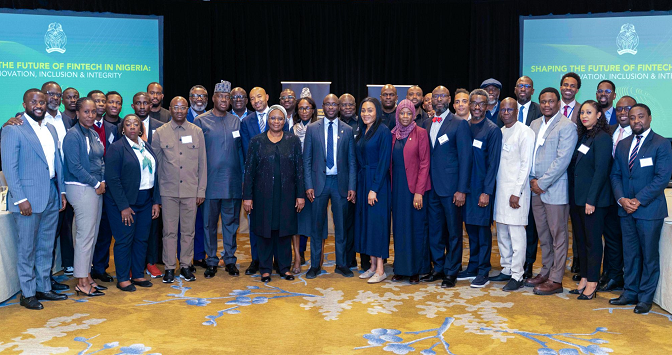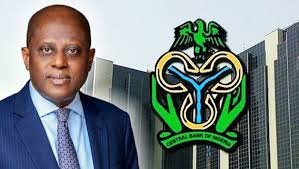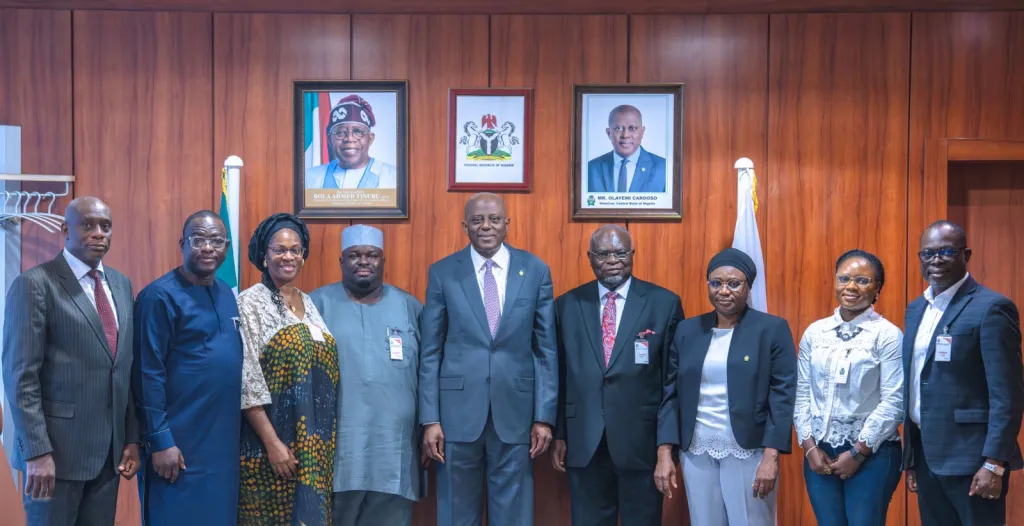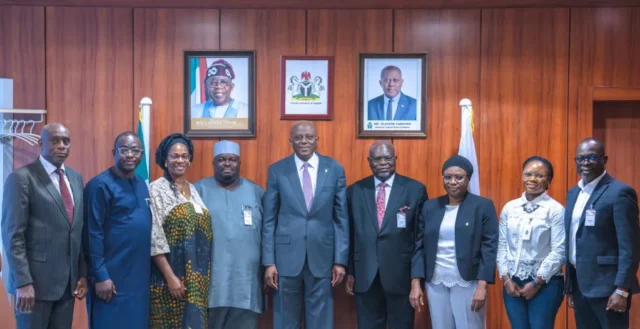The Central Bank of Nigeria (CBN) has taken a bold step toward reshaping the nation’s financial landscape. During a high-level roundtable held alongside the 2025 IMF–World Bank meetings in Washington D.C., the CBN brought together Nigeria’s leading fintech innovators, investors, and financial experts to discuss how to build a more inclusive, tech-driven economy.
This engagement marks a significant shift in tone from the regulator — from a body once seen as rigid and reactive to one that now seeks to collaborate with innovators shaping the future of finance. For a country where fintech has become a symbol of youthful innovation and global competitiveness, this dialogue could redefine Nigeria’s place in the global digital economy.
CBN Governor Olayemi Cardoso captured the mood perfectly: “Innovation and regulation are not enemies. They are partners in progress.” His message reflected the bank’s intent to balance innovation with stability — ensuring Nigeria reaps the benefits of fintech growth without compromising consumer protection or financial integrity.

Table of Contents
Innovation Meets Regulation at a Critical Moment
Nigeria’s fintech industry has grown at a phenomenal pace. From mobile payments and digital lending to cross-border remittances, startups have transformed how Nigerians interact with money. Yet, this growth has outpaced regulation in some areas — raising challenges around cybersecurity, fraud prevention, and data protection.
At the roundtable, CBN officials acknowledged these realities. But instead of tightening the noose, they proposed dialogue. The bank emphasised that the era of “command-and-control” regulation is over. Instead, future policy would be shaped through collaboration — with input from innovators, investors, and consumers.
Participants discussed frameworks like the FinTech Regulatory Sandbox and the National Payments Strategy, both of which allow startups to test new solutions in controlled environments before scaling to the wider market. This model, already in use in several advanced economies, is helping Nigeria avoid both overregulation and financial instability.
One fintech founder described the new tone as “a breath of fresh air,” adding, “We’ve moved from being told what to do to being part of the decision-making process. That’s how real innovation happens.”
The CBN’s stance also aligns with global trends: regulators across Africa and beyond are realising that digital finance is now the backbone of economic inclusion. Nigeria’s renewed engagement sends a clear signal to the international community that Africa’s largest economy intends to lead responsibly in fintech governance.

A New Chapter for Financial Inclusion
At the heart of this transformation is financial inclusion. Despite being Africa’s largest economy, Nigeria still has millions of unbanked and underbanked citizens, particularly in rural communities. Fintechs have been bridging this gap through mobile wallets, digital microloans, and agent banking.
The CBN now wants to scale these successes. Governor Cardoso emphasised that every innovation must “work for the people” — meaning affordability, accessibility, and trust. He stressed that fintech growth should not benefit only the urban elite but also farmers, traders, and everyday Nigerians.
One recurring topic at the meeting was interoperability — ensuring that users can move money easily across different platforms, regardless of their provider. When digital systems can communicate seamlessly, transaction costs drop, efficiency improves, and the entire ecosystem becomes more inclusive.
However, the CBN was clear that innovation cannot come at the expense of security. Participants explored the need for strong cybersecurity frameworks, anti-fraud mechanisms, and consumer education. The regulator reaffirmed that while fintechs are free to innovate, they must maintain strict standards of transparency and data protection.
For many Nigerians, this dialogue offers hope. If successfully implemented, these reforms could deepen financial participation, enhance trust in digital platforms, and accelerate the nation’s transition toward a cashless economy.
What the Future Holds for Nigeria’s Fintech Ecosystem
Beyond the discussion, what happens next will determine whether this policy shift leads to real change. The CBN has promised to integrate the ideas shared at the roundtable into its ongoing regulatory roadmap. This includes clearer guidelines for licensing fintechs, stronger consumer-protection laws, and defined standards for digital asset operations.
Industry analysts see this as a major step toward rebuilding investor confidence. Over the past few years, Nigeria’s fintech space faced challenges from abrupt policy decisions, foreign exchange volatility, and shifting compliance requirements. The new collaborative tone from the CBN could reassure both local and international investors that Nigeria’s financial sector is maturing.
One venture capitalist at the meeting summed it up: “Investors need stability. When the rules are predictable, innovation follows. Nigeria is finally moving in that direction.”
Still, there are concerns. Can the CBN act swiftly enough to match the speed of technological change? Will regulatory frameworks reflect Nigeria’s realities instead of copying foreign templates? How will smaller startups navigate complex compliance costs? These questions remain, but the consensus from participants was optimistic: dialogue is better than silence.
Nigeria’s fintech ecosystem already boasts global recognition, with homegrown firms like Flutterwave, Paystack, and Moniepoint expanding across Africa and beyond. With the CBN’s renewed engagement, these successes could multiply — provided policies remain consistent and innovation-friendly.
The takeaway from Washington is clear: the CBN no longer sees fintech as a disruptor to control, but as a partner to collaborate with. For a country whose youth population is among the world’s most entrepreneurial, that mindset shift could unlock billions in economic potential.

Conclusion
The Central Bank of Nigeria’s roundtable with fintech leaders represents more than just a meeting — it marks the beginning of a new partnership era. By fostering open dialogue, promoting inclusive regulation, and prioritising consumer trust, Nigeria is positioning itself as a continental leader in digital finance policy.
If this collaboration continues in practice, not just in rhetoric, the results could be transformative. Millions more Nigerians could gain access to affordable financial services, fintech startups could operate in a more predictable regulatory environment, and investors could view Nigeria not as a risky frontier, but as a digital innovation hub.
The message from the CBN is clear: fintech is not the enemy of stability — it is the engine of progress. By shaping the rules together, Nigeria’s regulators and innovators can build a financial system that is both dynamic and dependable, inclusive and secure. And that, perhaps, is the real story — a nation learning not just to adapt to the future of finance, but to define it.
Join Our Social Media Channels:
WhatsApp: NaijaEyes
Facebook: NaijaEyes
Twitter: NaijaEyes
Instagram: NaijaEyes
TikTok: NaijaEyes





